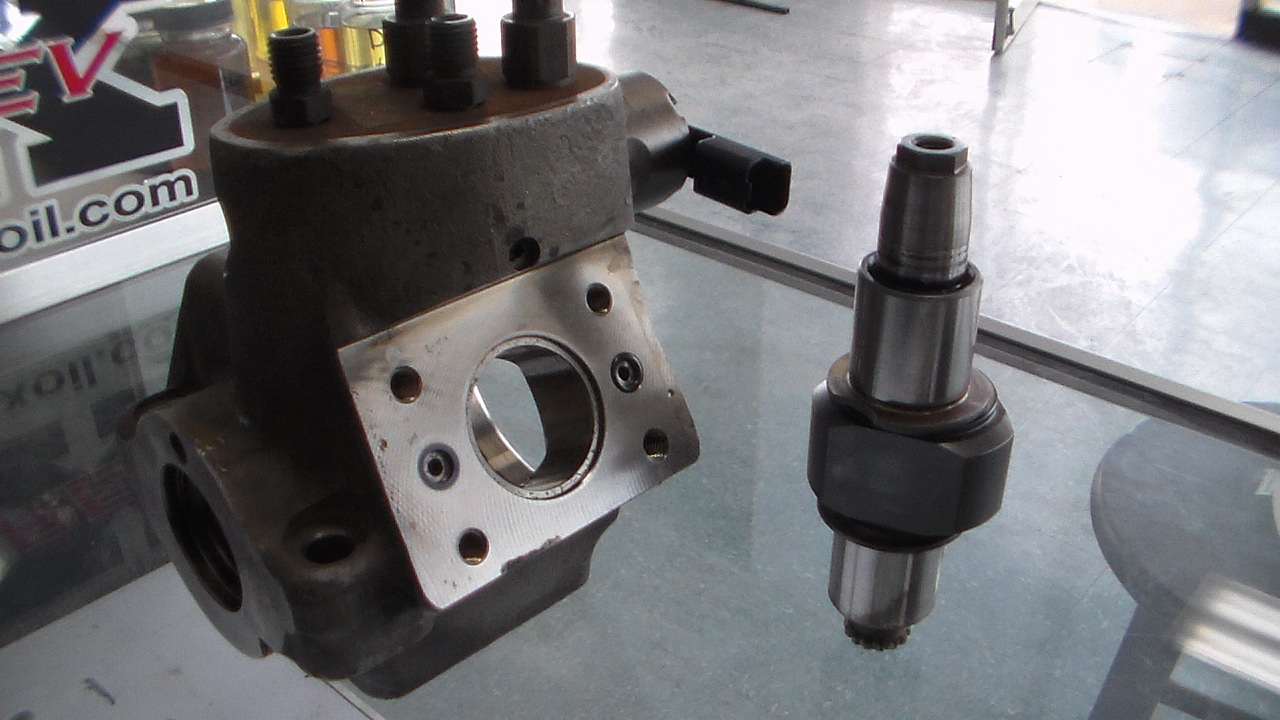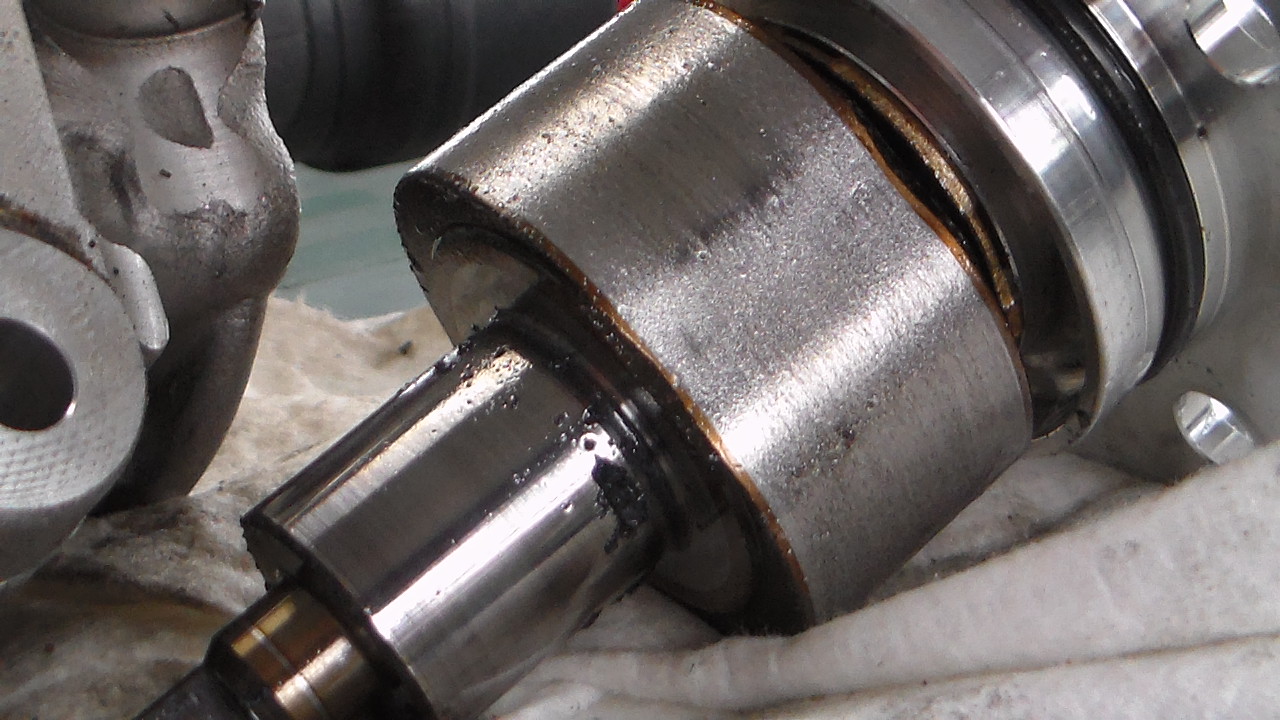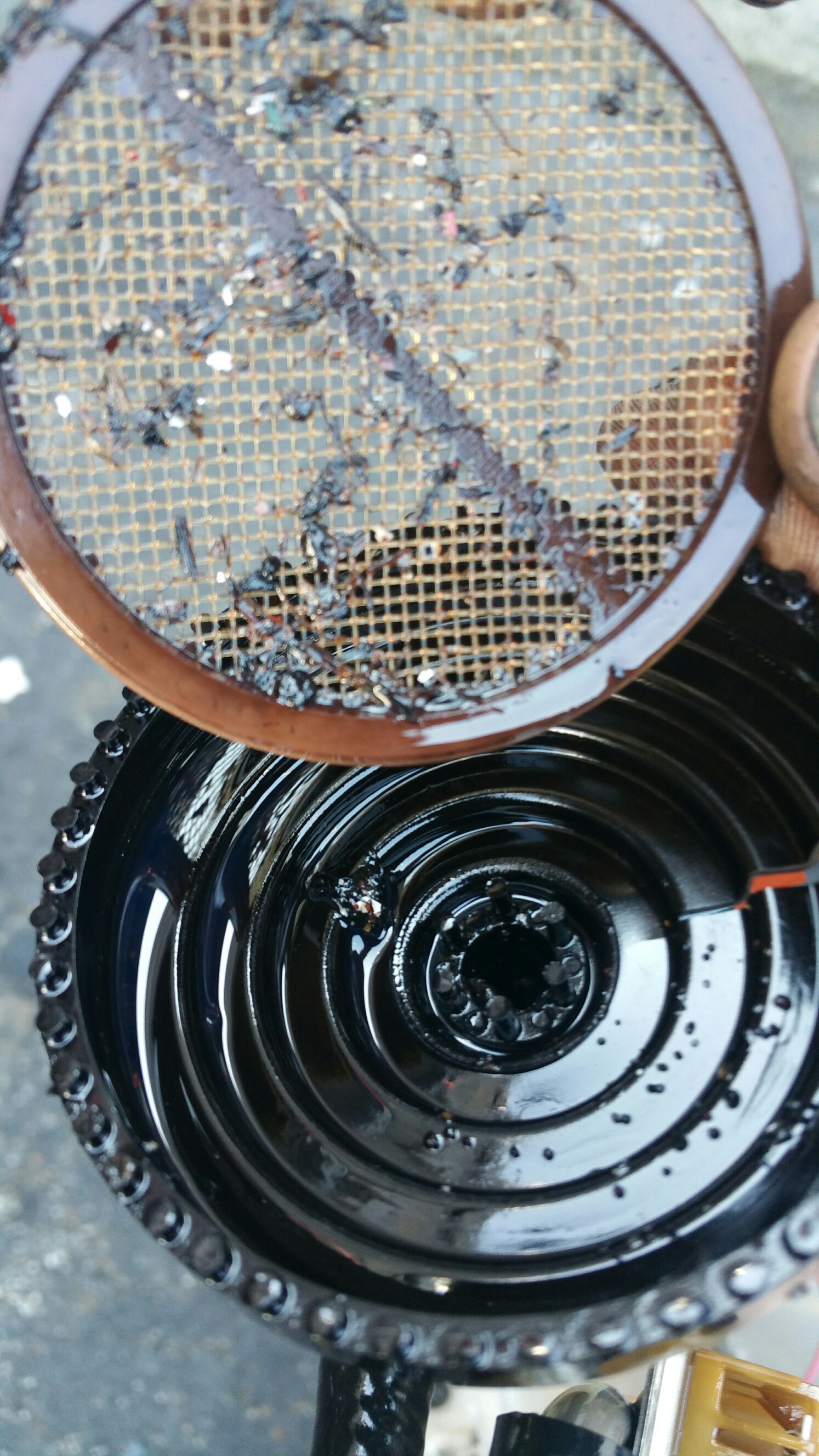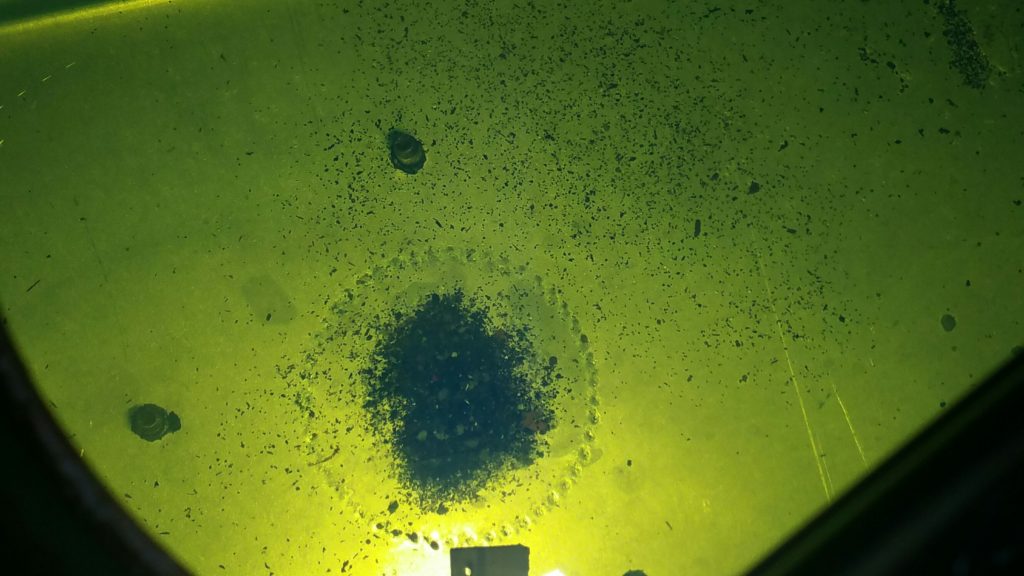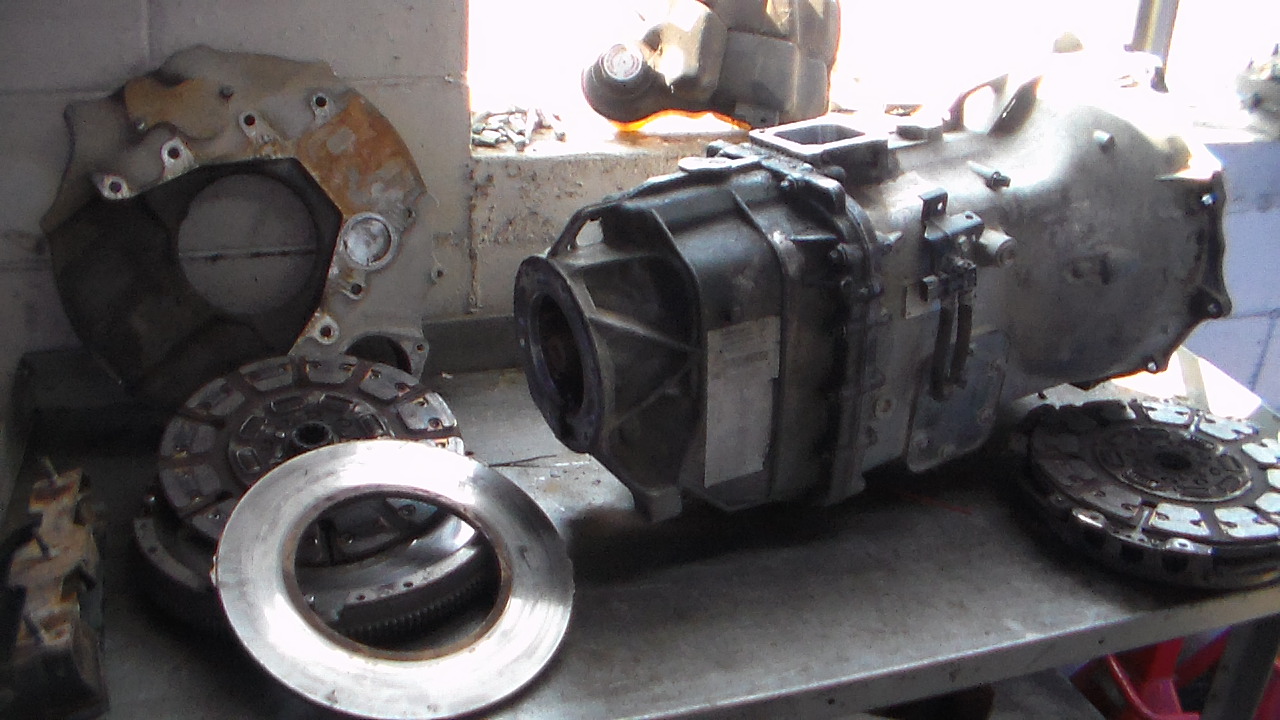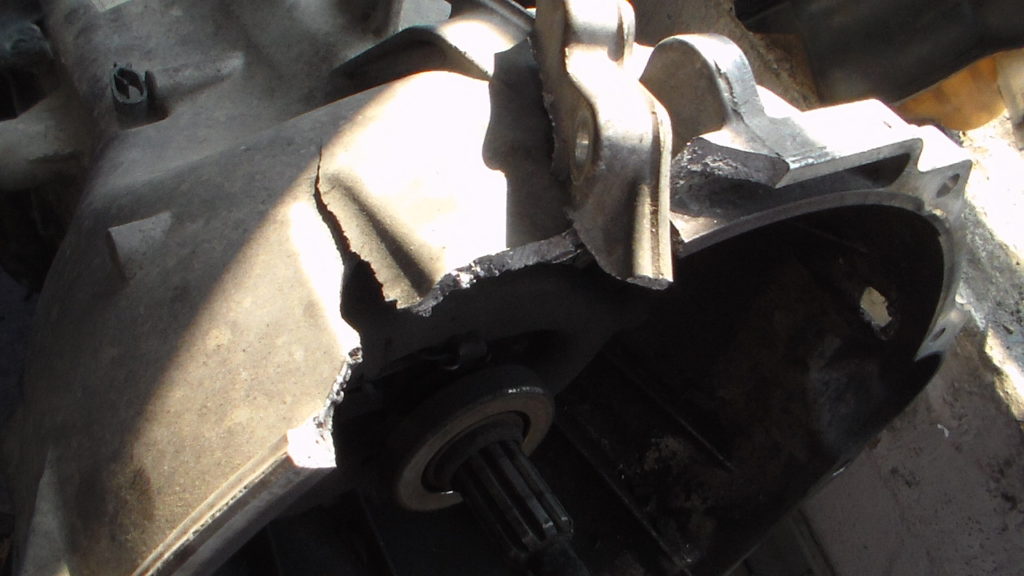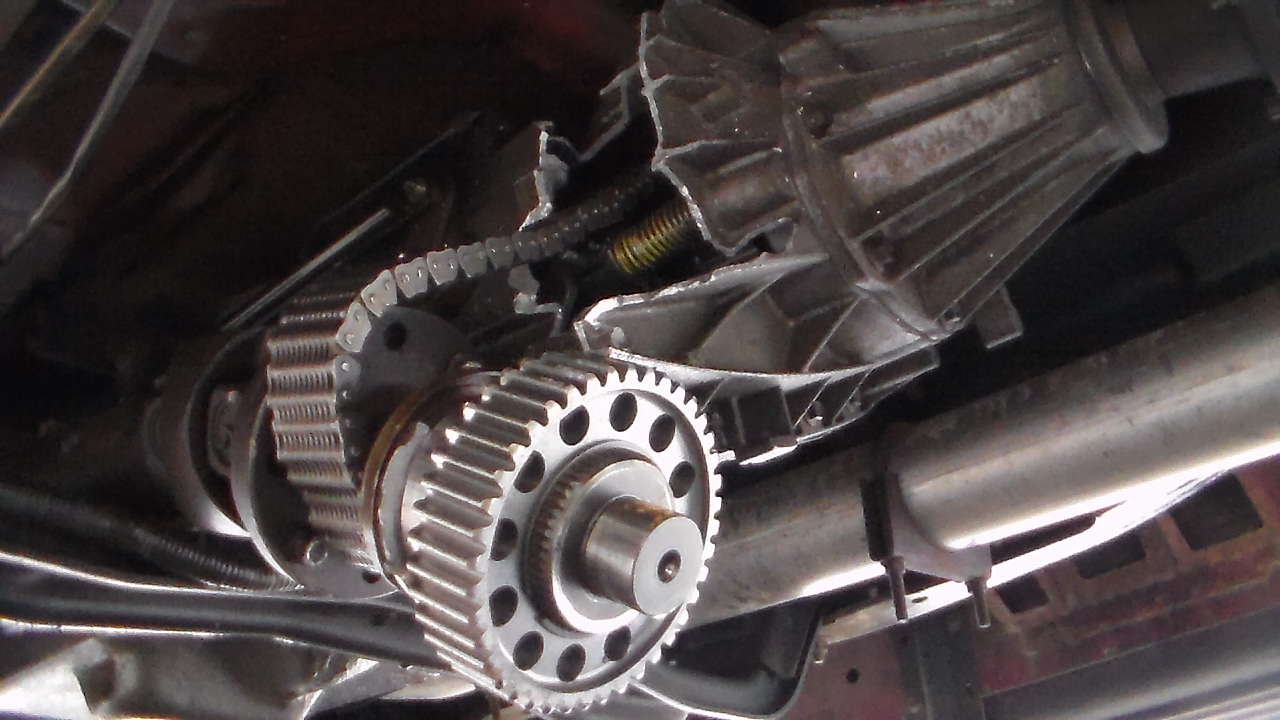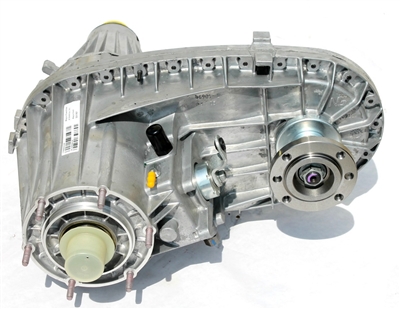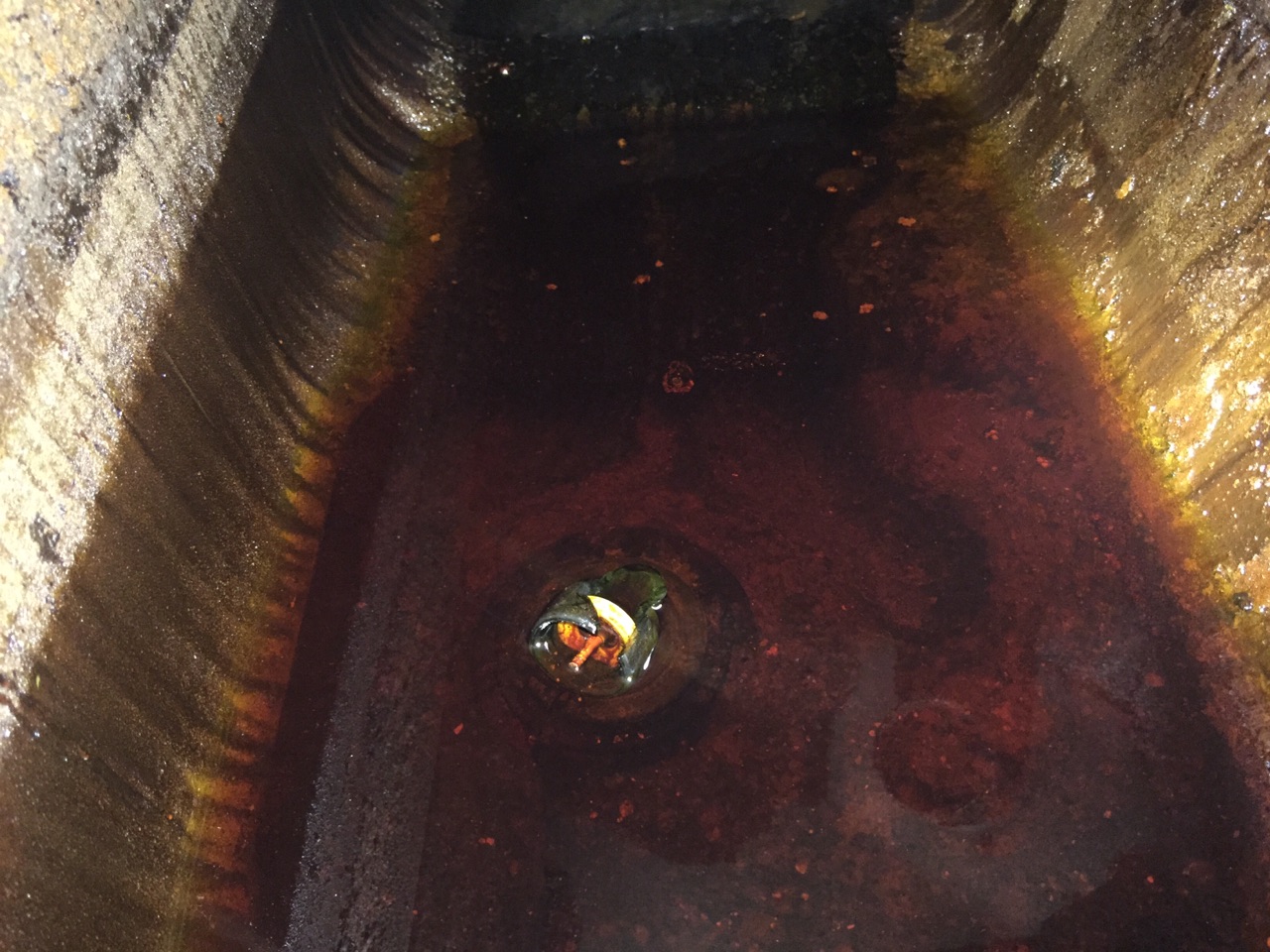Sometimes driving can be a little boring, anything out of the ordinary on the road can often peak your interest. One of my favorite things to do while on a long road trip is to crush aluminum cans with my drivers front tire. The exercise sharpens the skills of the driver. There are however, things you should definitely swerve around.
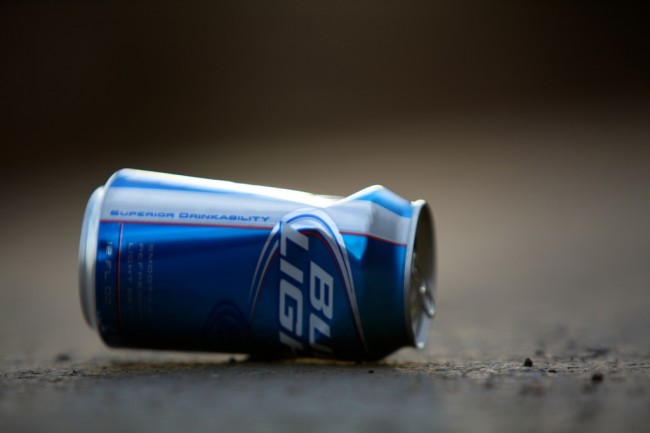
#10) Tractor trailer tires “alligators” can wrap into a wheel well or even worse damage a fender.

#9) Branches and fallen foliage can easily penetrate tires or thin aluminum coolers and radiators.
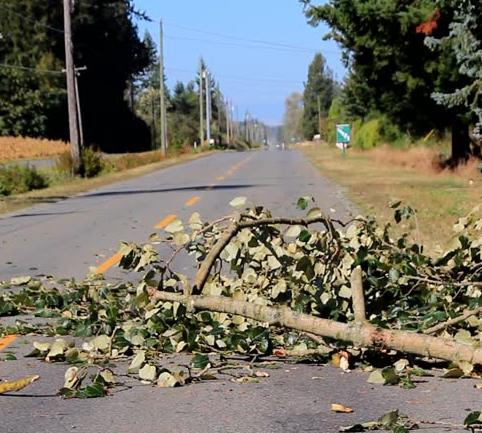
#8) Mason or bricks may not do so much damage to your truck, but the cars behind you would be damaged badly.

#7) Lumber can make a good day go bad quick, if the wood doesn’t blow a steel belt in your tire, it can be ejected rearward.
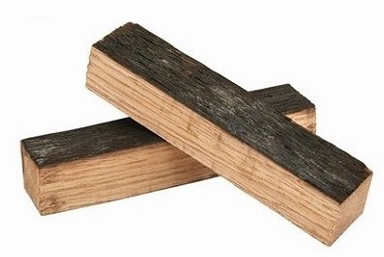
#6) Auto parts fall off every day, avoiding them is paramount. I cant even begin to describe the pitfalls there.
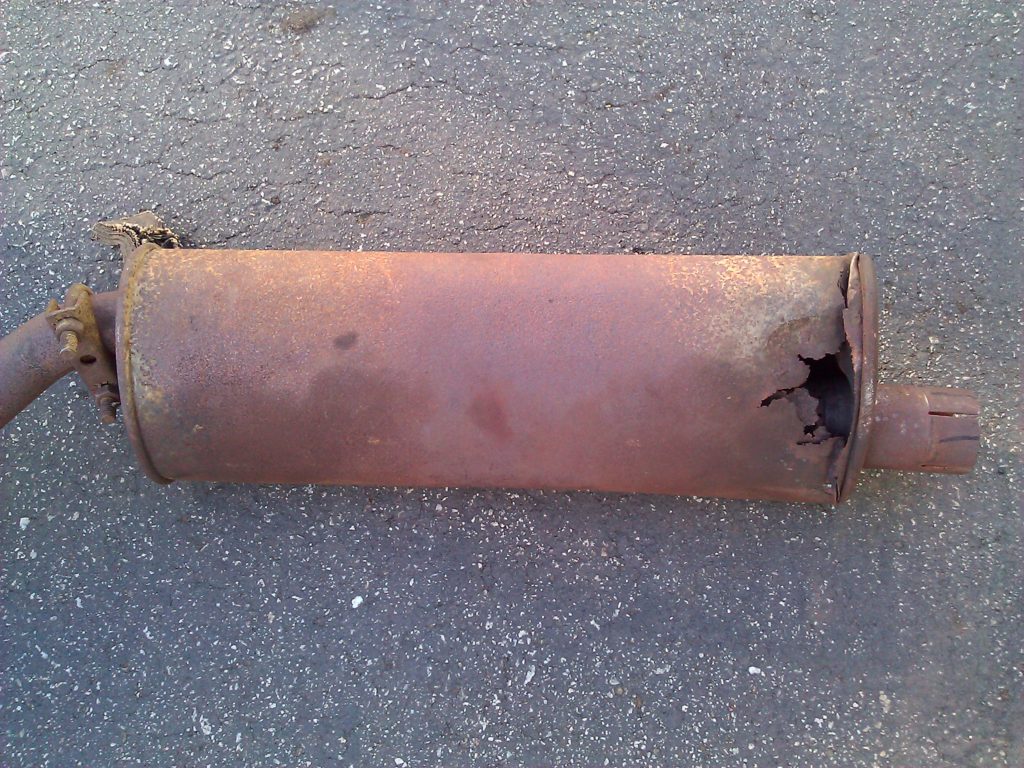
#5) Cardboard boxes can be deceiving. They may contain nothing but air, but they also may contain nails, steel, or kittens.

#4) Mattresses seem unassuming, soft and springy. What could go wrong? Wrap one around your driveshaft and learn.

#3) Live animals are more capable of evading your direction than dead ones. Try to avoid them both. Antlers and bones have been known to destroy a trucks meaty rubber, along with other undercarriage parts.

#2) Disabled vehicles are very vulnerable to collisions when parked on the road. Ruining two days IS worse than one.
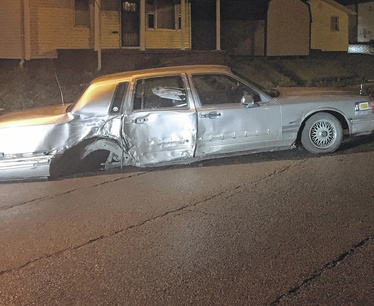
#1) I shouldn’t have to elaborate the points of concern around avoiding your fellow human. Don’t hit people!

There are, of coarse many other things you shouldn’t hit.
These are the things we here at STL Diesel make a point to avoid.
Don Harbaugh
STL Diesel
